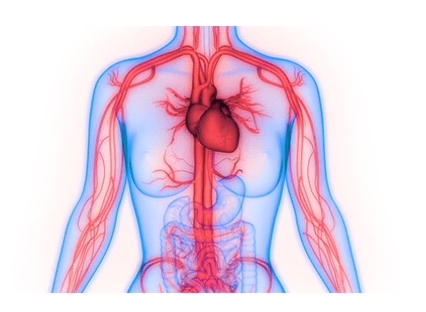
How well is your heart working and some Noninvasive testing that will tell you

If you need tests to ensure that your heart and circulatory system are in good working order, you might picture a treatment requiring anesthesia or perhaps surgery. Although certain cardiovascular tests are invasive, there are others that are entirely non-invasive, meaning you will not be given a needle.
An electrocardiogram, often known as an EKG or an ECG, is a test that captures the electrical activity in your heart. An EKG can tell you if you've had a heart attack or if one is on the way. Changes in your cardiac rhythm can also be detected.
Electrodes are placed at different points on your body during an EKG to monitor the electrical impulses of your heart. When the electrode stickers are removed, the only discomfort you may experience is when they are removed.
Your doctor may want to observe how your heart functions throughout the course of a normal day. Holter monitoring is a form of testing that needs you to wear a tiny device for a length of time that records your EKG continuously. That is, while you are wearing the gadget, it captures the electrical activity of your heart. The monitors are tiny and have skin-attached electrodes.
There are no adverse effects, and the monitor isn't unpleasant like an EKG. It enables your doctor to determine if your heart is beating normally or whether your meds are performing properly. It can also indicate whether more testing are required.
If your doctor says you need a "echo," they're referring to an echocardiogram, which uses ultrasound equipment to create pictures of your heart. Your doctor can observe the size, shape, and motion of your heart during an echocardiography.
A technician will place a transducer over your heart during the exam. Sound waves are produced by the transducer and “echo” off of your heart. The echoes are recorded by the transducer, and the sound is converted into pictures of your heart by a computer software.
An echocardiography has no adverse effects and is a painless procedure.
Stress test
A stress test is certainly something you've heard of, but it's also known as a treadmill test or an activity test. Electrodes are connected to your chest during a stress test to measure your heart's activity as you walk on a treadmill. Your heart rate, breathing rate, blood pressure, and electrical activity of your heart are all recorded throughout the exam.
A stress test can detect coronary artery disease, as well as the source of any chest symptoms you're experiencing. It can also help you decide how much activity is safe for you.
We are just a call or click away. To learn more, book an appointment online or over the phone with PeachState Advanced Cardiac & Endovascular. We have several locations in Georgia: Newnan, Atlanta, & Griffin.
You Might Also Enjoy...


Should I be worried about my numb feet?

Can leg cramps be a sign of something serious?

Meet Dr. Odiete - PACE Cardiovascular Specilaist

Keeping your Vascular System Healthy


